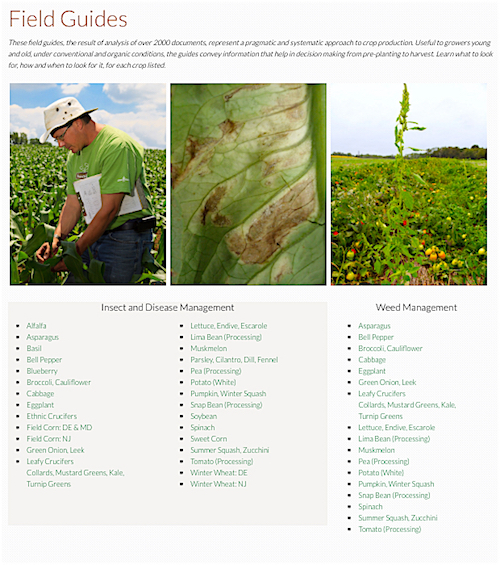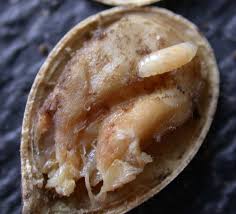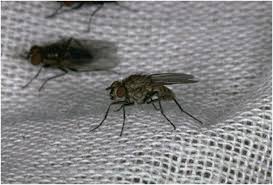It is extremely important to know which pathogen is causing damping-off problems and which fungicide to properly apply. The key to controlling damping-off is being proactive instead of reactive. Always refer to the fungicide label for crop use, pathogens controlled, and application rates.
Damping-off is caused by a number of important vegetable pathogens and is very common during the spring. Damping-off can kill seedlings before they break the soil line (pre-emergent damping-off) or kill seedlings soon after they emerge (post-emergent damping-off). Common pathogens that cause damping-off include Pythium, Phytophthora, Rhizoctonia and Fusarium spp.
Control of damping-off depends on a number of factors. First, is recognizing the conditions which may be leading to the problem (i.e., weather/greenhouse growing conditions) and second, identifying the pathogen causing the problem.
Conditions Favoring Damping-off
Although all four pathogens are associated with damping-off, the conditions which favor their development are very different. In general, Phytophthora and Pythium are more likely to cause damping-off in cool, wet or overwatered soils that aren’t allowed to dry out due to cloudy weather or cooler temperatures. Conversely, Rhizoctonia and Fusarium are more likely to cause damping-off under warmer, drier conditions especially if plug trays are kept on the dry side to help reduce transplant growth. [Read more…]
 Articles in this section contain information helpful to the NJ commercial organic grower.
Articles in this section contain information helpful to the NJ commercial organic grower.


